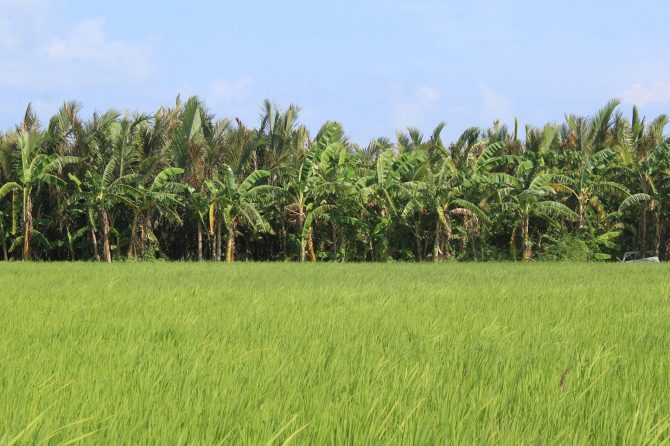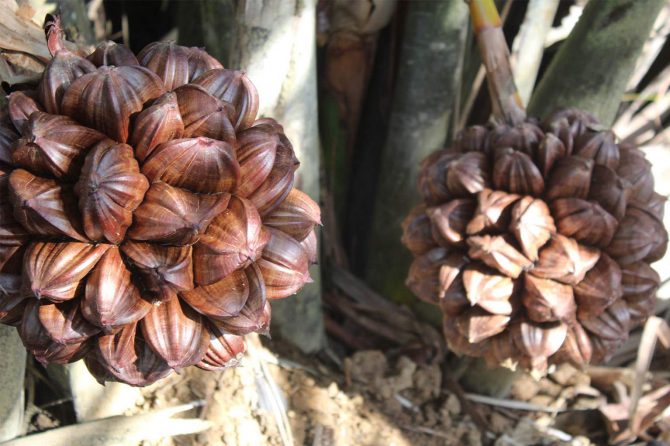SDM Project: Participatory Mangrove Management for Coastal Resiliency of Alitas Community in Quezon, Philippines
02.02.2023
SUBMITTED ORGANISATION
University of the Philippines Los Baños
PARTNER ORGANISATIONS
Alitas Farmer’s Association, Local Government Unit (Infanta, Quezon), DENR CENRO Infanta
DATE OF SUBMISSION
22/12/2021
REGION
Asia
COUNTRY
Philippines
KEYWORDS
collaborative management, resilience, mangroves
FOCAL POINT
Dr. Leni D. Camacho
LINK
Abstract
The Philippines National Climate Change Action Plan (NCCAP) has the primary goal of building the adaptive capacity of local communities and increasing the resilience of natural ecosystems to climate change to promote a climate-risk-resilient Philippines. Thus, it requires anticipating the conditions of a socio-ecological system considering climate change, and maintaining its integrity through adaptation actions. At the center of these adaptation actions are the communities that are at the forefront of the battle against climate change. Community-based adaptation strategies are therefore necessary because this is where the impacts of climate change are felt most urgently and to which communities will have to adapt.
This project recognizes coastal areas as an ideal venue for demonstrating the importance of pursuing resiliency in a highly dynamic socio-ecological system. In particular, mangrove management plays a vital role in enhancing a community’s resilience against coastal hazards that have biophysical, socio-economic, and institutional facets. Therefore, the project defined how resiliency can be achieved by examining how the forest management system is being influenced by societal structure, resource-dependency, and policies. This project was conducted in Barangay Alitas in Quezon Province, Philippines as its case. The key findings were synthesized to distil strategies and recommendations for building local resilience above and beyond the participatory/community-based mangrove management platform therein. Recommendations are communicated to a broader audience through information and educational campaign (IEC) materials and scientific publications.



